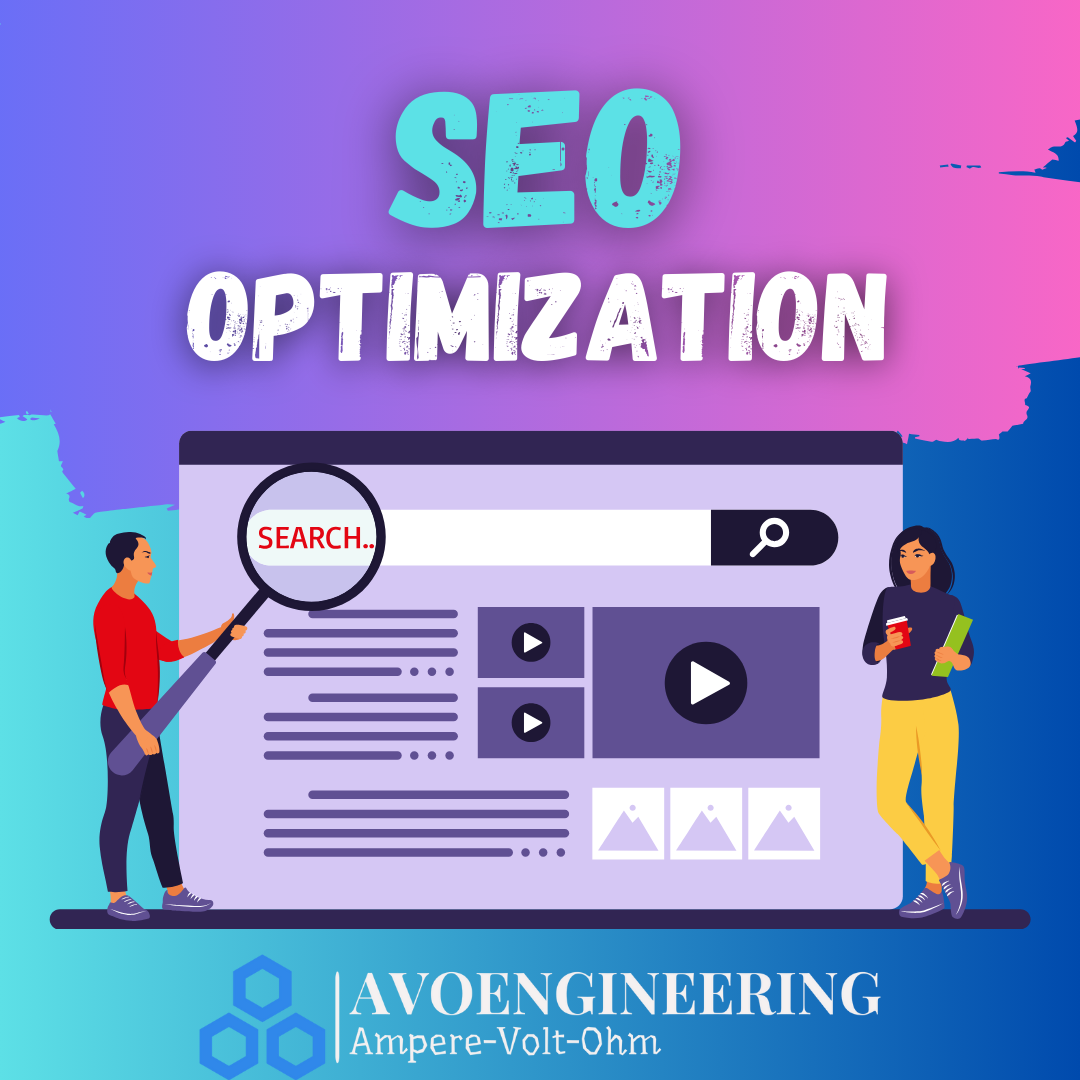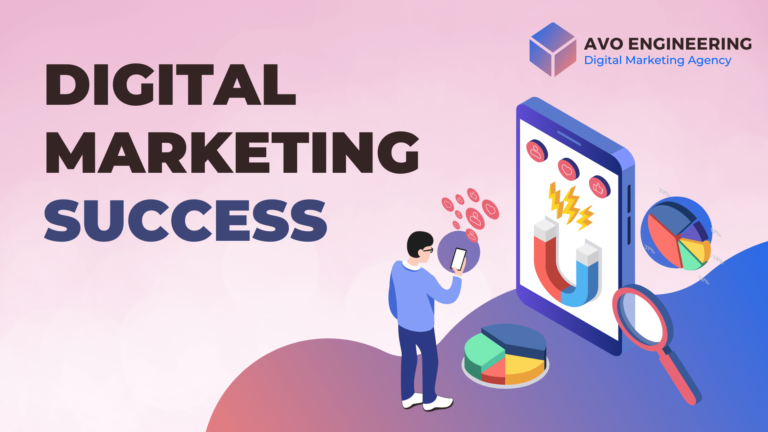
Wondering why your website isn’t getting noticed? It might be due to your content lacking value for your audience and customers. Mastering search engine optimization (SEO) is essential as Google has become increasingly adept at discerning genuine content.

How soon can I expect to see improvements in traffic and rankings once I begin implementing SEO strategies?
While you might notice some immediate effects when beginning an SEO campaign, that’s not typically the norm. SEO is usually a long-term endeavor, often taking anywhere from three to six months before substantial improvements become evident.
The timeline varies depending on factors such as the website’s size, existing traffic levels, content volume, frequency of Google’s site crawls and indexing, and content quality. Given the vast amount of content on the internet, it can take time for your content to gain visibility. However, initiating your SEO efforts sooner rather than later is advisable.
The number of reputable websites with high domain authority linking to your site is also crucial for driving traffic and improving rankings. It’s essential to demonstrate to Google that your site offers valuable content and has earned the trust of other reputable sites. Otherwise, Google may perceive your website as less credible, potentially impacting its visibility in search results.
What is the ideal amount of content for a company to create and share?
Several factors come into play when determining the amount of content a company should create and share. Firstly, consider your business goals and the needs of your audience. Quality should take precedence over quantity. Instead of focusing on churning out a large volume of low-quality content, prioritize creating a few high-quality pieces each month that address market needs and solve significant problems.
In addition to content quality, user experience is crucial. Google considers the mobile-friendliness and structure of your content for SEO purposes. It’s important to ensure that your content is well-organized and optimized for both mobile and desktop platforms.
What are the most effective methods and tools for analyzing competitors?
SpyFu is an excellent resource for conducting competitive analysis. By entering any domain, you can access data on your competitors’ keywords, compare them to yours, assess their paid search activities, estimate their ad spend, and gain other valuable insights. While the data is estimated, it provides a wealth of valuable information.
Neil Patel’s Ubersuggest is another highly recommended tool that allows you to enter a domain name and gain insights into a competitor’s rankings and the targeted keywords driving traffic to their site.
Google itself is also a valuable tool for competitor analysis. By entering relevant searches, you can identify competitors and explore their on-page SEO, meta-tagging, content quality, ranking content, and backlink profiles.
While manual inspection on Google provides valuable insights, tools like SpyFu and Ubersuggest automate the process, making competitor analysis more efficient.
What is the optimal frequency for updating my page titles and meta descriptions to remain relevant in terms of local SEO?
Updating your webpage content isn’t exclusively about local SEO. Google follows the ‘Query Deserves Freshness’ (QDF) principle, favoring recent and updated content for search queries.
A recommended practice is to refresh older content by adding new insights or mentioning current events. You can also analyze how your competitors rank for various keywords and adapt your content accordingly.
Additionally, managing your reputation on platforms like Google My Business or Yelp is crucial. Encouraging customer reviews and utilizing these platforms for posting updates or offers can enhance your local SEO efforts.
Why invest in ongoing optimization if I’ve already achieved a good ranking?
Our experience suggests that reaching and maintaining the top position demands continual monitoring and attention. Having dedicated resources within your organization for SEO analysis, ongoing vigilance, and keyword research is invaluable. While it’s a specialized skill set, many companies opt to engage agencies or external resources for this purpose. SEO isn’t a one-time task; Google updates its algorithm frequently, and without consistent efforts, your online presence and ranking can quickly decline.
Is it advantageous to hire someone to consistently update and optimize SEO?
Juggling multiple roles is a common error among marketers. SEO is a complex area, and expecting your team to both create impactful content and handle technical SEO and keyword optimization can be overwhelming. Many marketing teams benefit from outsourcing technical SEO and optimization tasks, allowing them to concentrate on their strengths: storytelling and generating relevant, valuable content.
At AVO Engineering, we understand the importance of creating content that Google loves. Our team of experienced content creators and SEO experts can help you develop a winning content strategy that aligns with Google’s preferences and drives results for your business. Whether you need assistance with keyword research, content planning, content creation, or improving your EAT score, we’re here to support you every step of the way. Contact us today to learn how we can help you write content that Google will love and boost your online visibility.






